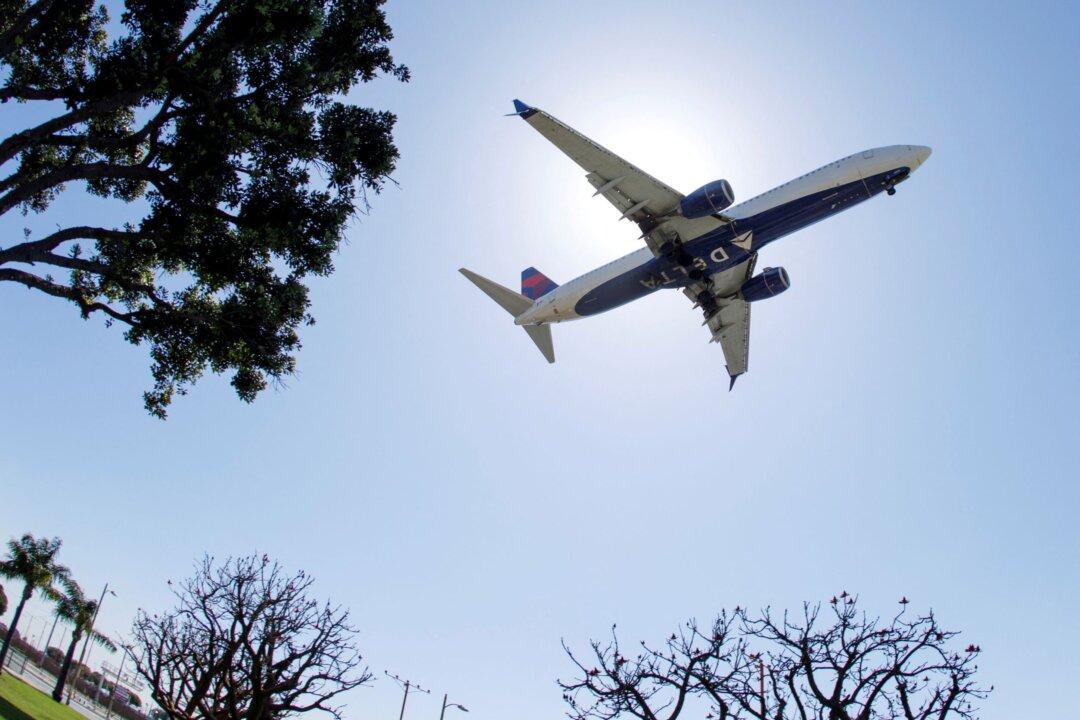Multiple airlines across the United States have been scrambling to reschedule or cancel flights to the country ahead of a planned 5G wireless technology rollout on Jan. 19 that has sparked safety concerns among officials.
The cancellations come as Verizon and AT&T are finally set to roll out their next-generation 5G wireless technology despite ongoing concerns as to how the technology could affect flights.




